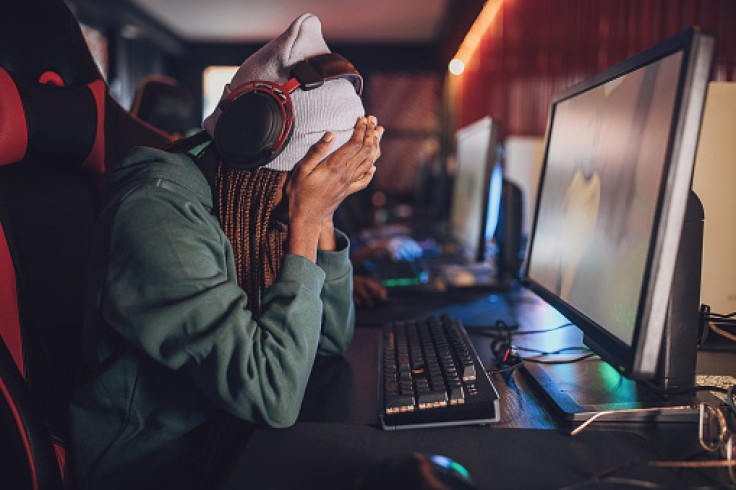With video games designed the way they are, players might find a game more challenging than they would like, which could provoke ugly emotions like anger. This, in turn, could prompt them to utter toxic voice or text chats with the sole purpose of bringing other players down. Despite many measures, this continues to be a problem.

Toxicity in Video Games
This has become an unavoidable aspect of gaming, especially in multiplayer or any other mode that requires you to play with other human players. Studios have developed ways to avoid this, like the option to report a player, but it has only ever been a bandage to a growing cut.
Unfortunately, there is no single reason as to why that is the case, which means that there is also no single solution for the issue. The most common and one that is both welcomed and hated is a gamer's competitiveness.
Double-Edged Sword That is Competitiveness
Competitiveness should not be a bad word in the gaming community. In fact, it's what gives players the drive to do and be better to win. The problem lies in how certain participants react to a bad outcome. With frustration, players tend to bring out their anger by directing it at other players.
This can result in a lot of hurt feelings and bruised self-esteem. That can directly affect how well others play, which will anger competitive players even more. It's easy to see how these can go hand-in-hand until it just becomes a streak of losses.
Normalized Toxic Behavior
We have come to the point where toxic behavior in gaming communities is now just tolerated. It's likely due to the fact that no matter how much effort developers put into eradicating that hideous aspect of gaming, it just keeps popping up in different forms.
Trash talk is now such a common part of multiplayer games that some players already expect it. What's worse is that it's even celebrated sometimes. Players take pride in being unfazed despite being called every insult in the book.
As others revel in that idea, they add fuel to the fire by responding similarly. Gamers who don't even agree with this form of conversation sometimes feel like there's no other choice but to adopt the behavior, just for the sake of not being left out.
Read Also : 5 Tips to Deal With Tilt in Video Games
Entitlement of Players
Players who are convinced that they deserve something, even though they do not, can be a contributing factor to toxicity. For instance, if they believe should've won because of their "contributions," they might deride their teammates just to place blame for the loss.
They also hold unrealistic expectations for developers, meaning that they want to game to be exactly how they imagined it, not paying any mind to what is good for the entirety of the game, as well as all the other players who want to enjoy it.
You notice this particular problem in forums, where a lot of users seem to have a lot of criticism they believe is constructive. When developers nerf an overpowered character they play, for example, even though it's the right thing to do to make it fair for the other players.
Related: The 7 Most Toxic Gaming Communities You Should Avoid









